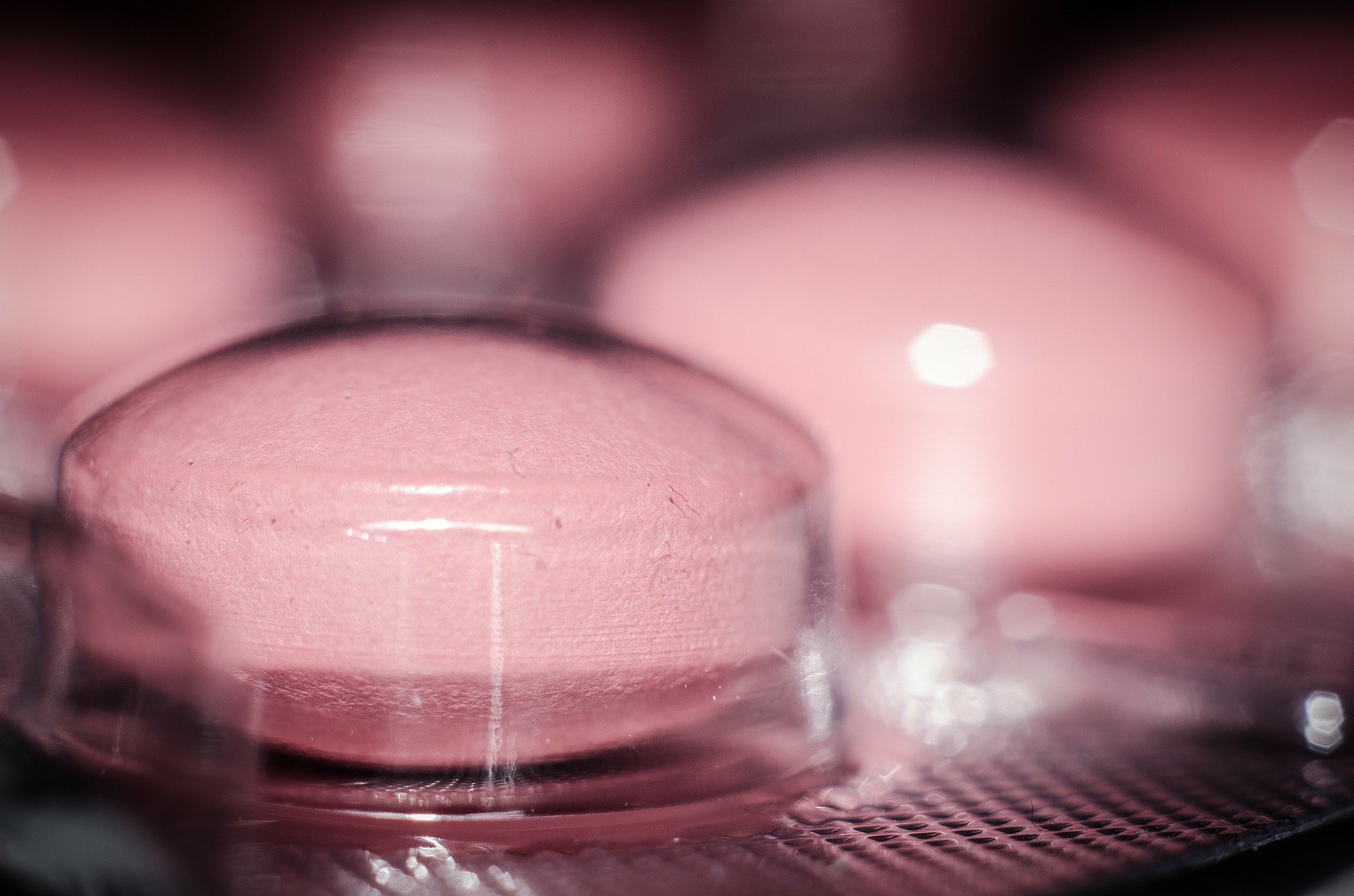Is Testosterone a Steroid Hormone?

Is testosterone a steroid hormone? Yes, but not in the way you think.
Let me clarify what you’re probably asking.
When you say, “Is testosterone a steroid hormone?” What you’re most likely asking is, “Is testosterone an illegal steroid? Is it the same as the illegal steroids I hear about, the kind I think of when I see someone who has gigantic, unnatural muscles?”
The answer to that question is no—the testosterone we use in testosterone replacement therapy is safe, effective, and legal.
However, chemically, the two are the same drug—testosterone cypionate.
Testosterone is a steroid hormone that naturally occurs in your body, and it’s involved in a wide variety of processes in your body, like muscle growth and sperm production.
So, is testosterone a steroid hormone? What’s the difference?
The dose.
People Who Abuse Testosterone Use Insanely High Doses—Testosterone Replacement Therapy Uses Much Smaller Doses
When you hear the term, “Steroid,” an image probably comes into your mind—someone who has huge, bulging muscles, someone who’s overly aggressive, angry, or even violent. The person in the gym who bends the bar when they load it with more weight than you thought possible.
This is why so many people ask the question, “Is testosterone a steroid hormone?” You rarely hear about testosterone outside of steroid abuse.
You might even have an image of the dark side of steroid abuse—people who are abusing these drugs and abusing their bodies, people who end up in hospitals, people profiled on A&E.
Testosterone replacement therapy couldn’t be further from this.
The amount of testosterone used in testosterone replacement therapy is orders of magnitude below the amount a steroid abuser might use.
While you will technically be receiving the same chemical, the amount you receive makes a huge difference.
But that’s not the only difference.
How Is Testosterone, a Steroid Hormone, Something that can be Prescribed?
Because low testosterone is a recognized medical condition, your medical care provider can prescribe testosterone to you.
You generally need to exhibit symptoms and have a total level of testosterone below 300 ng/dl or a free testosterone level below 9.0 ng/dl (for men).
This is one of the main differences between steroid abuse and testosterone replacement therapy (TRT)—you don’t begin TRT until you’ve been evaluated for symptoms and had your levels tested.
Steroid abusers also dose themselves, and they don’t have any sort of oversight—with TRT, we monitor your levels closely, reducing your dose when your levels get too high and increasing your dose if your body isn’t responding.
Yet another difference is the reason why the drug is being used. If you’re on testosterone replacement therapy, you’re being prescribed testosterone because your body isn’t producing testosterone as it should be—you’re not using it for cosmetic reasons or as a shortcut to muscle growth.
Steroid abusers, on the other hand, aren’t lacking in endogenous (naturally produced) testosterone, and they’re using these chemicals to cheat natural processes.
Finally, steroid abusers usually don’t use testosterone alone—in addition to the huge doses of testosterone they take, they’re adding other substances on top, some of which may be illegal.
Testosterone replacement therapy includes nothing of the sort—though other chemicals, like hCG, may be added, these drugs are not illegal.
If Testosterone Is A Steroid Hormone, Does Testosterone Replacement Therapy Have the Same Side Effects as Abuse?
This is what concerns most people, why they ask, “Is testosterone a steroid hormone?” They wonder, “If I start testosterone replacement therapy, will I get acne? Or ‘roid rage’?”
While some of the same side effects can occur with testosterone replacement therapy, the severity is not nearly the same.
Other, more severe side effects, like spleen and liver disease, are exclusive to abuse.
But there’s another, much more important difference:
We’re monitoring your health, and we’re making very sure that you aren’t given a dose that’s too high or too low.
At the end of the day, testosterone replacement therapy is safe, effective, and provided under the guidance of a trained professional—and this makes all the difference.
So, is testosterone a steroid hormone? Yes, it is. But, when administered properly, it is a safe and effective treatment for low testosterone (hypogonadism).
If you have questions about testosterone replacement therapy, contact me today—I’m happy to talk to you personally about your symptoms.
I look forward to hearing from you.
